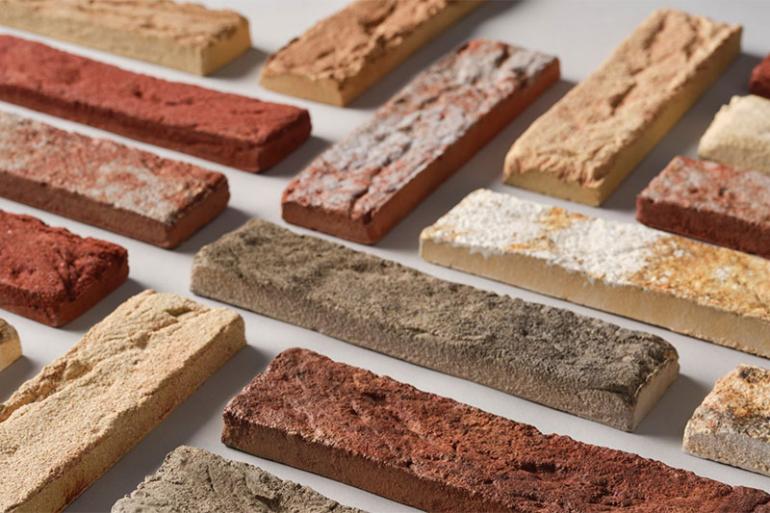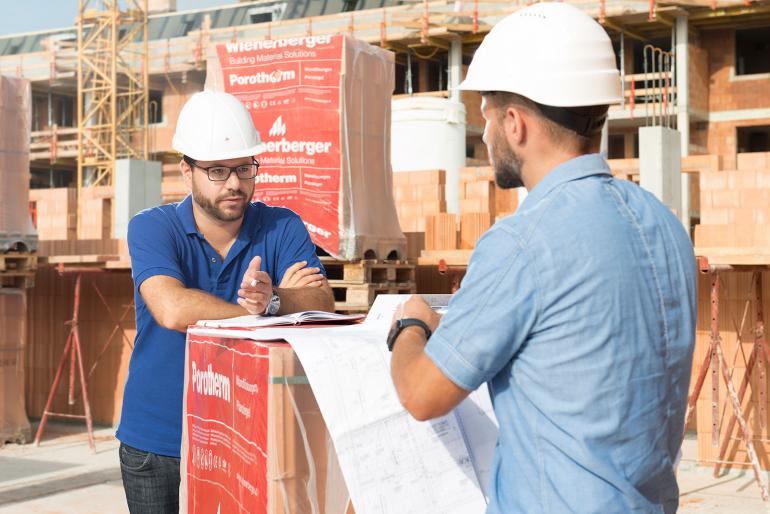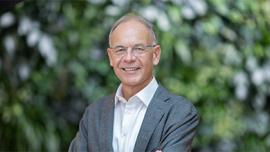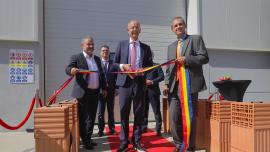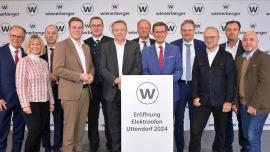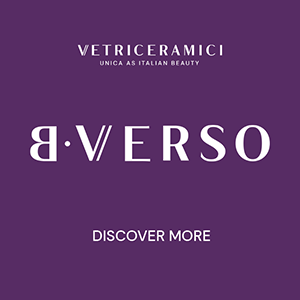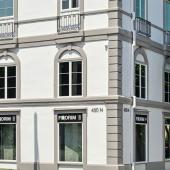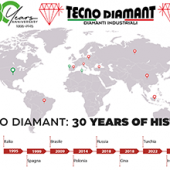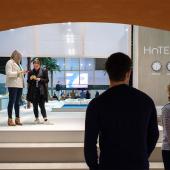First CO2-neutral brick production line launched in Kortemark
The start-up of the new production line, the first ever in the sector to use zero energy from fossil sources, marks yet another milestone in Wienerberger’s ESG strategy aiming for carbon neutrality by 2030.
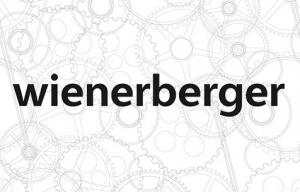
With its focus on decarbonization, a circular economy and biodiversity, Wienerberger is setting the course for a sustainable and desirable future for generations to come and supporting the European Green Deal.
In 2021, the company reduced its CO2 emissions by 8% compared to 2020, a percentage that will reach 15% by 2023 following installation of the revolutionary CO2-neutral brick slip production line in Kortemark, Belgium.
The start-up of the new production line, the first ever in the sector to use zero energy from fossil sources, marks yet another milestone in Wienerberger’s ESG strategy aiming for carbon neutrality by 2030.
The use of new and highly advanced technologies (the Tuscany-based company Capaccioli is one of the technology suppliers) will enable Wienerberger to reduce material consumption, introduce closed cycles, shorten transport distances in the building industry and at the same time reduce CO2 emissions. The innovative new moulding technology differs from previous methods in which brick slips were produced by sawing bricks, which invariably generated a certain amount of waste. The system produces soft-mud brick slips of high dimensional accuracy and stability while avoiding geometric variations, and both the dryer and the kiln run entirely on electricity. 25% of the electricity required is generated by an on-site photovoltaic installation supplemented by 100% renewable electricity, reducing the use of energy from fossil sources to zero.
The brick slips are ideal for use in both new build and renovation projects, but due to their ease of use (no grinding or calibration is required), they are particularly suited to prefabricated building construction, a segment that Wienerberger believes will grow steadily due to labour shortages in the construction industry.
Another process innovation concerns decoration. Whereas the brick slips were previously coloured through the entire body, this is now done by means of a digital printer which applies the engobe in small drops directly onto the surface of the brick before and after firing.
The new process allows for enormous flexibility, higher speed and shorter changeover times. It also brings benefits in terms of creativity by offering unlimited aesthetic and finishing options.
Last but not least, the packaging has been redesigned and reduced to a bare minimum. The packs of brick slips are enclosed by two simple straps made of recyclable material, then loaded onto pallets and wrapped in cellophane.
As of 2023, Wienerberger’s goal is to ensure that all new products are 100% recyclable or reusable.
To emphasise its environmental commitment, the group has joined the call to action launched by Business for Nature, a global coalition of 900 businesses for environmental conservation calling on governments to work together and adopt measures to reverse the loss of nature this decade.
“The climate crisis is a fact, and only with determined sustainability goals and decisive action can we shape a future worth living. Forward-thinking companies already understand why building an equitable and net-zero future also benefits business,” says Heimo Scheuch, CEO of Wienerberger.
The biodiversity action plan will be adopted at the group’s 215 production plants by 2023.
Did you find this article useful?
Join the CWW community to receive the most important news from the global ceramic industry every two weeks



